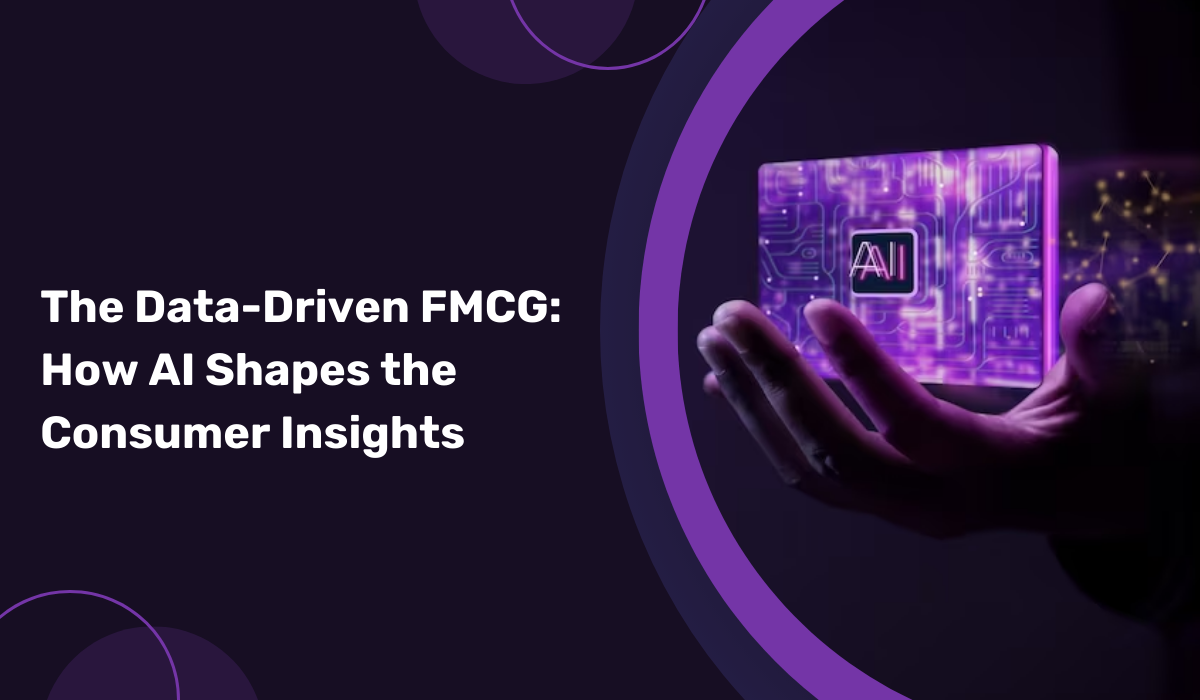
Kolkata-based ITC has unveiled a pioneering solution to address consumer concerns regarding the safety of dairy products like milk and ghee. By scanning a QR code, sceptical buyers can embark on a virtual tour of the dairy farm where these products originate. The immersive experience promises insights into the health and diet of the cows, the quality of milk produced, and the chemical-free manufacturing process employed, offering reassurance to conscientious consumers.This initiative is part of ITC's broader "Mission DigiArc" endeavor, which leverages advanced digital technologies to understand consumer behavior, personalize brand communications, and harness artificial intelligence for product development. B Sumant, executive director at ITC, underscores the company's commitment to mainstreaming a digital-first culture to gain competitive advantages and enhance consumer trust through transparency and innovation.
Moreover, ITC is not alone in this digital transformation journey. Major players in the fast-moving consumer goods (FMCG) sector, including Marico, Dabur, and Hindustan Unilever (HUL), are embracing AI, machine learning, and predictive analysis to revolutionize various facets of their operations. These initiatives signal a paradigm shift in the industry, driven by a relentless pursuit of consumer insights, market trends, and operational excellence through digital innovation. Leading FMCG companies are making significant strides in leveraging digital technologies to drive growth and innovation in their product offerings. Mumbai-based Marico, renowned for brands like Parachute and Saffola, exemplifies this trend by utilizing Google search trends to launch products that align with evolving consumer preferences.
By tapping into emerging trends, Marico has not only expanded its product portfolio but also achieved impressive revenue growth, particularly in premium personal care.Dabur and Hindustan Unilever (HUL) are prioritizing digital transformation to stay ahead in a rapidly evolving market landscape. Dabur's adoption of a cloud-only approach promises enhanced services and real-time data insights, empowering the company to adapt swiftly to changing consumer needs. Meanwhile, HUL is re-imagining itself as an intelligent enterprise driven by data-led decision-making, augmented by machine learning and interconnected systems. These strategic initiatives underscore the FMCG industry's commitment to harnessing digital capabilities to drive innovation, efficiency, and sustainable growth.